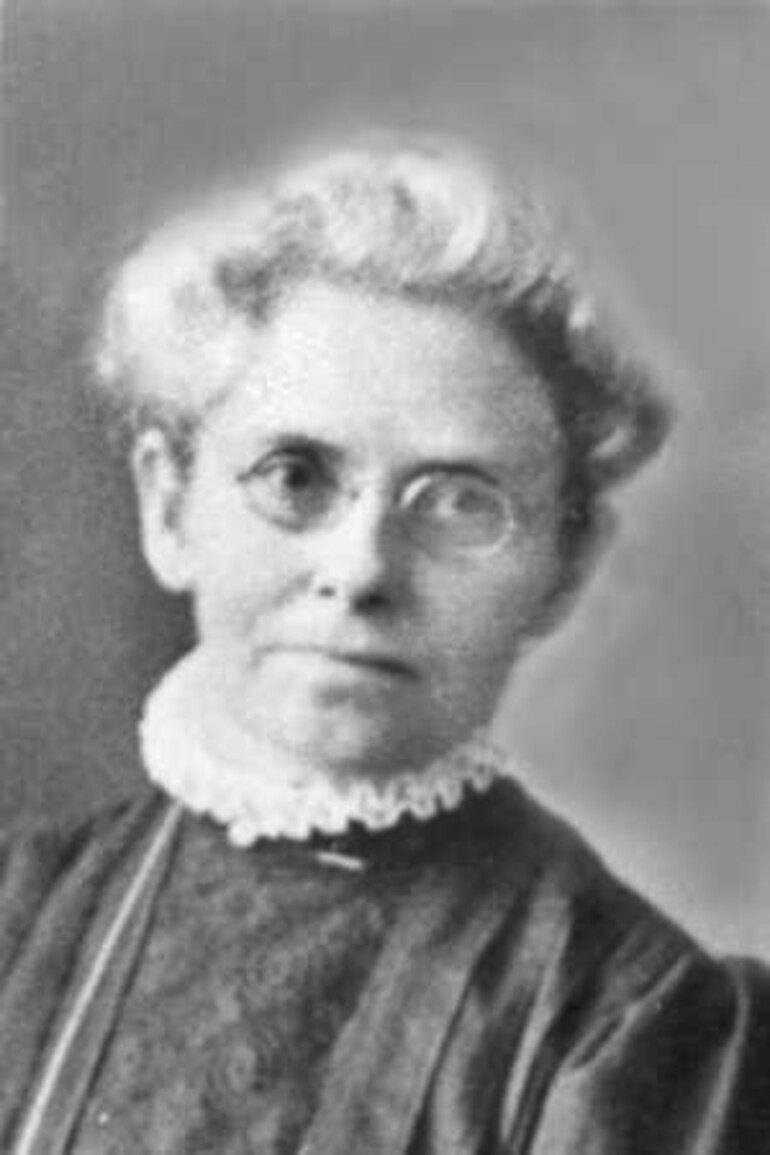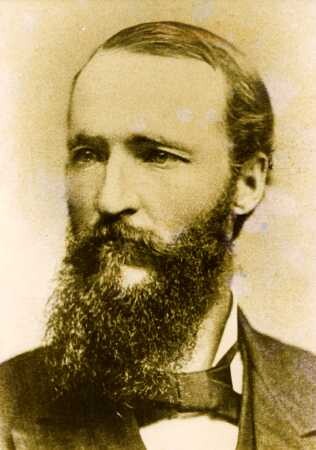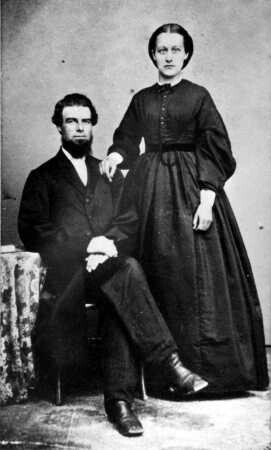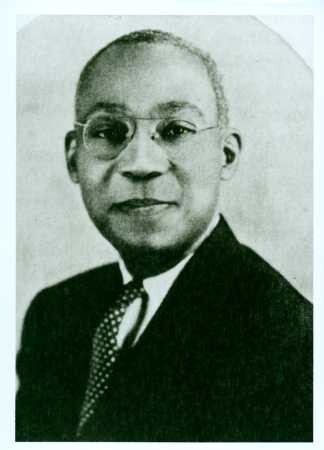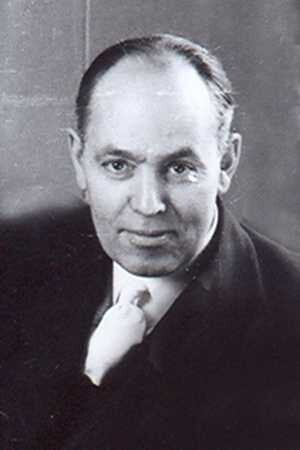Whether you live in the Willamette Valley, the interior of Alaska, downtown Seattle or eastern Montana, chances are you spent several years in a small town in eastern Washington called College Place. The reason is simple—Walla Walla College.
The college's Conard Hall has sheltered hundreds of collegiate women over the years, and the story behind its name is both amazing and inspiring.
Helen Clara Conard’s father, Alvin Clark, brought his family over the Oregon Trail in 1852. On this trip, Alvin was captain of the wagon train, leaving Mary, his wife, to drive their wagon while watching their 11-month-old twins, Helen and Clarence.
One day several children of the wagon train began playing with miniature bows and arrows. They were having a great time when an arrow hit one of Mary’s oxen. Terrified, the animals began running wildly with the wagon bouncing behind them.
Mary realized the wagon would overturn, so she wrapped her arms around her babies and jumped. At the same time a young man rode his horse alongside her wagon. He was from another wagon train that was heading for the gold fields of California. When Mary jumped, he leaped from his horse and caught her in midair. The four of them rolled across the hard ground and sagebrush. When the dust settled, even the babies were unhurt.
The Clarks settled in the Willamette Valley. Then, in 1862, Alvin moved his family to a homestead at Brush Prairie about 10 miles north of Vancouver in the Washington Territory.
As a young girl, Helen enjoyed learning new things at the small, frontier school near her parents' homestead. When she completed this education, she traveled to Portland where she prepared for the teaching profession by attending an academy for one year. Then she taught rural schools north of Vancouver.
In 1875 Helen began seeing a 40-year-old man named George. One day after school, they were visiting on the steps of the Douthit schoolhouse when the subject of horses came up. George told Helen about his favorite horse, a black stallion that he rode over the Oregon Trail to California in 1852.
He then told her that one day he saw a wagon from another wagon train that was rushing wildly across the plain. He spurred his black stallion, and just as he came alongside the wagon, a woman with two babies jumped. He leaped from his horse and caught them in midair.
Helen could not keep silent. She told George that the woman he caught was her mother and she was one of the twin babies.
In May of the next year Helen and George Conard were married. Nine years later, Charles L. Boyd, the second North Pacific Union Conference president, conducted evangelistic tent meetings in their area, and the Conards joined the Adventist Church.
Helen and George moved to Milton, Oregon, in 1890 so their children could attend the Milton Academy. Two years later they relocated to the newly established town of College Place.
At age 43, Helen enrolled at Walla Walla College. Four years later, in 1898, she and Ada, her oldest daughter, made up half of the college’s third graduating class. During her next 10 years, Helen served at the college as preceptress (dean of women), librarian, history and English teacher, and intermediate-level school teacher.
When the college erected a women’s dormitory on the east side of campus in 1934, it was named Conard Hall in Helen's honor. Following additions in 1954 and 1960, Conard Hall stands today as one of the largest buildings on campus.




